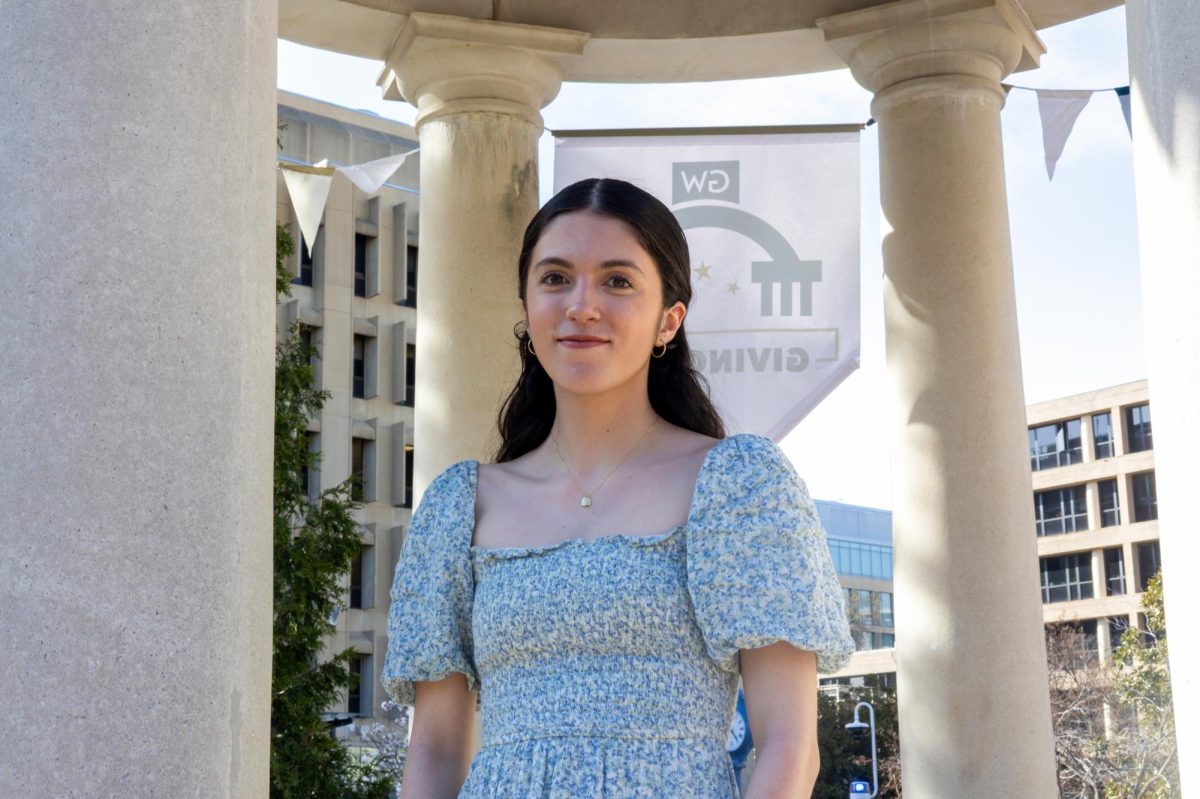The Department of Psychology & Brain Sciences will launch a new Master of Science in applied psychology next fall.
Faculty within the program said it will focus on interdepartmental specialties, like social psychology, clinical psychology and cognitive neuroscience as well as research methods and statistics. Stephen Mitroff, a professor of cognitive neuroscience and the director of graduate studies for the new program, said it will provide students with skills needed to pursue jobs in industry, government and public sectors.
Students will engage in 36 credit hours of coursework, which includes 12 credits of core courses, 12 credits in research methods and statistics and 12 additional credits in selected courses, like applied behavioral economics and health psychology, according to the program’s website.
Mitroff said the program is not designed as a clinical program or intended for students seeking preparation for doctorate programs.
“This is not a clinical program. It’s not training therapists, it’s not training social workers. It’s not trying to make students better applicants for a PhD program,” Mitroff said. “We’re trying to help give them skills that could be used in a more direct job.”
Mitroff program will adopt a dual-method approach that emphasizes qualitative skills through leading focus groups, analyzing survey data and conducting interviews, as well as quantitative skills, like analyzing empirical studies, running experiments and processing large datasets.
“Those two skills don’t always come together and for a lot of different industry kinds of positions, it’s an advantage to be able to have experience with both of them,” Mitroff said.
Mitroff said while there is no way to be certain where program graduates will go on to work, the program’s dual method approach, which teaches quantitative and qualitative skills, prepares students for careers across multiple sectors in the District.
“There are lots of research psychology roles, data analyst jobs, project management and research opportunities where our graduates will be competitive,” Mitroff said. “There are also a lot of research psychology roles throughout the government, as well as companies that support government contracts.”
Mitroff said he is looking forward to the next phase of the program and seeing how many students it will attract. The program is not limited to recent graduates and is open to anyone looking to gain proficiency in psychology-related subjects, according to the program’s website.
“We do picture this being appropriate for people coming out of undergrad who are trying to build up skills, as well as professionals who want to build up and expand their skill set,” Mitroff said. “You know, we’re excited to see what happens with it.”





